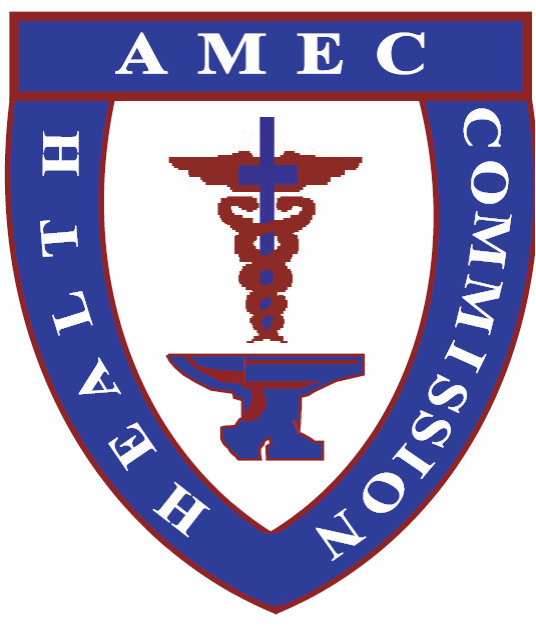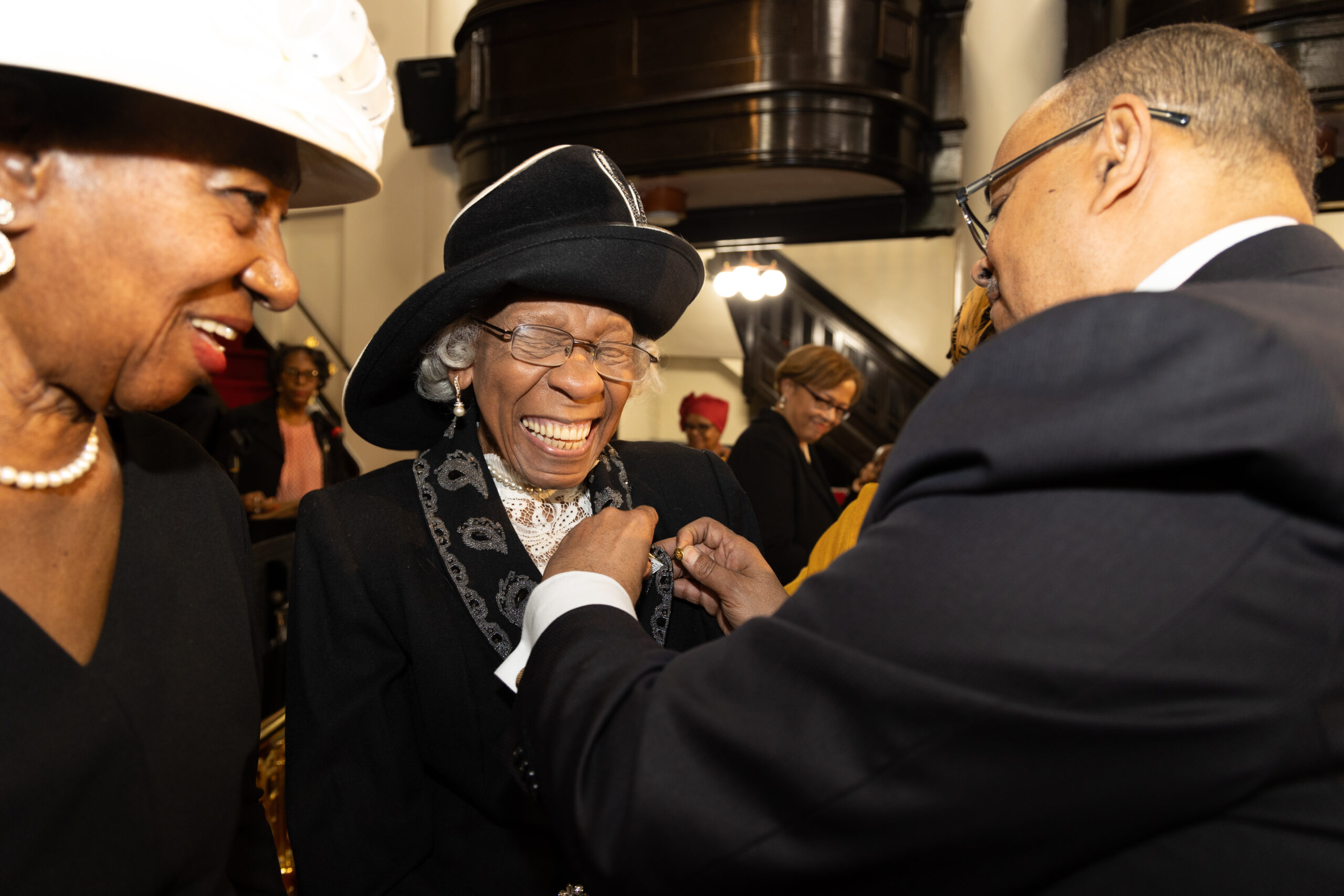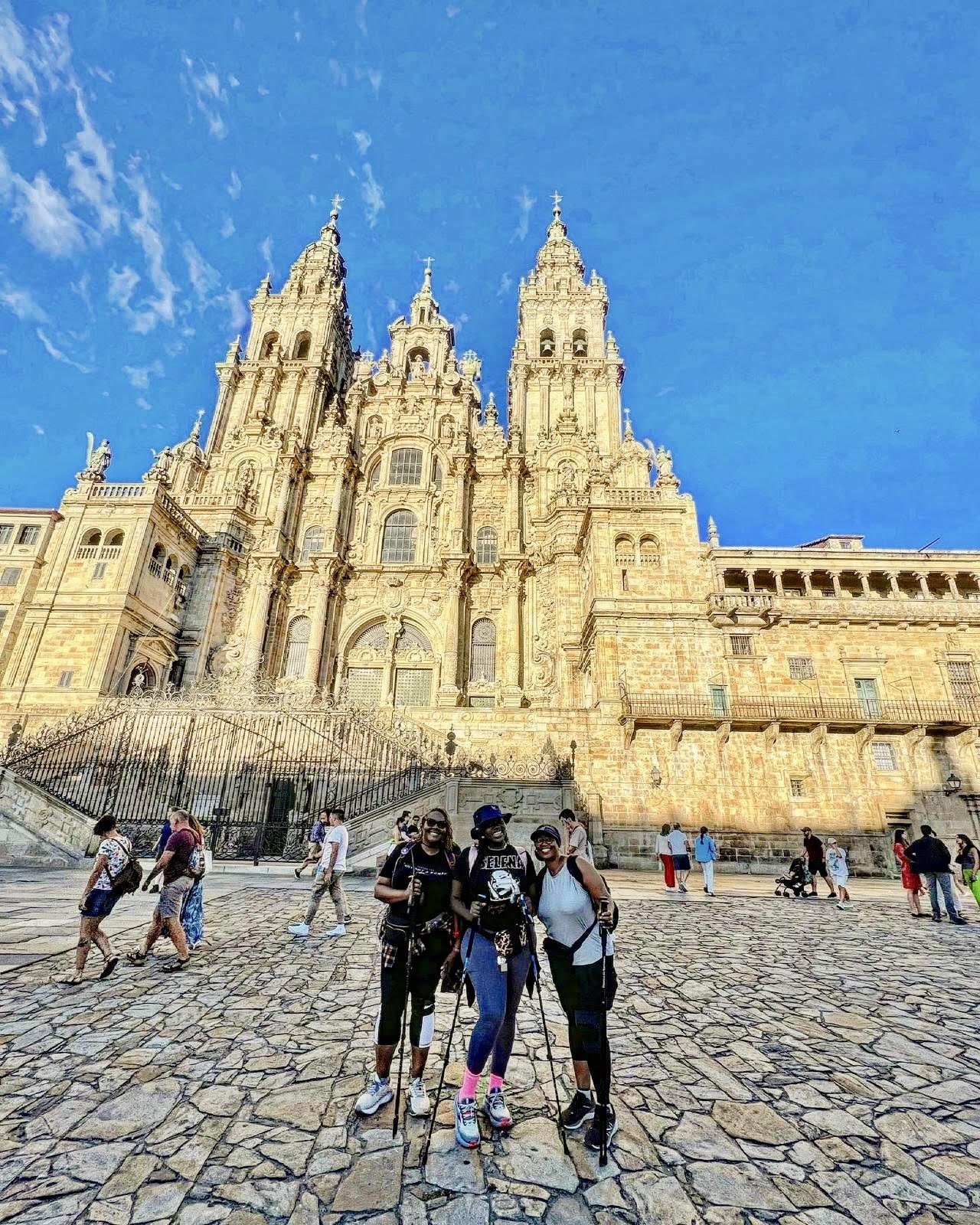Understanding the Roots of Itinerant Ministry
Rev. Dr. James A. Keeton, Jr., Contributing Writer
Growing up in a small southern community, my first lessons in church polity came through overhearing conversations with the adults around me. As the son of an African Methodist Episcopal Church pastor, I was accustomed to attending the annual conference and witnessing my father and his colleagues receive their pastoral appointments from the bishop at the conference’s conclusion. As a young boy at the South Georgia Annual Conference, I vividly remember Bishop Fedrick Talbot calling me up with my father and presenting me with my father’s pastoral appointment with the instructions, “Jamie had this to your father for me.”
I was also accustomed to hearing the conversations of my paternal grandmother, who was Baptist, asking if the same pastor was assigned to my home church. I would listen to my grandmother, and her church members talk about how often the Methodists would get new pastors compared to their congregation.
While I did not fully understand all the nuances of church polity, I knew there was a difference. For example, in a congregational system, a Baptist church calls its pastors. Still, in a connectional system, in the African Methodist Episcopal Church, pastors are in the itinerant ministry and receive pastoral appointments from the bishop on behalf of the Annual Conference.
Itinerant ministry is one of the foundational precepts of Methodism. As we examine the early Methodist Movement, there were both theological and practical reasons the itinerant ministry was embraced. Theologically, the itinerancy lends itself to evangelism.
Jesus Christ is the ultimate example of engaging in itinerant ministry to evangelize to those in need. Unlike many religious leaders in the first century, Jesus did not relegate His ministry to the temple or a synagogue. Instead, Jesus was an itinerant minister who took the gospel to the people.
Jesus was not a “stationary sage” who positioned himself in a particular place and beckoned others to come to him. However, Jesus met the people at their points of need. In the late 18th and early 19th centuries, itinerancy aided evangelistic efforts as the American landscape expanded. The Methodist ministers could go to the people and assist them in nurturing a relationship with Jesus Christ.
The gifts of the Spirit were another theological reason for the itinerant ministry. John Wesley and the early Methodists understood that no pastor was endowed with all the spiritual gifts. As a result, the itinerant ministry provides an opportunity to expose the congregation to as many spiritual gifts as possible. The pastors’ various gifts assist the local church in reaching its full God-given potential.
From a practical perspective, the itinerancy mobilized the ministers to go where the people were. Ted Campbell says, “The [itinerancy] originally meant that the elders traveled about from place to place, preaching in a different location from day to day as they followed large circuits” (Ted Campbell, A Methodist Doctrine).
These “circuit riders,” as often called, would spend their ministries traveling between different points on the circuit to proclaim the Word of God and exercise pastoral administration in these congregations. The itinerancy contributed to the growth of Methodism by having one minister serve more than one congregation. Other denominations were more challenged with a shortage of ministers, but the itinerancy aided in this.
The itinerant ministry continues to offer valuable theological and practical solutions to address some of the challenges in the contemporary Christian Church. Many denominations are experiencing an unprecedented shortage of people entering ordained ministry throughout the Western world. This new reality is being realized in theological schools with decreasing enrollments. The itinerancy continues to be an effective ministry model to present opportunities for Christian evangelism, experiencing different spiritual gifts, and mobilizing ministers in an ever-evolving world.





